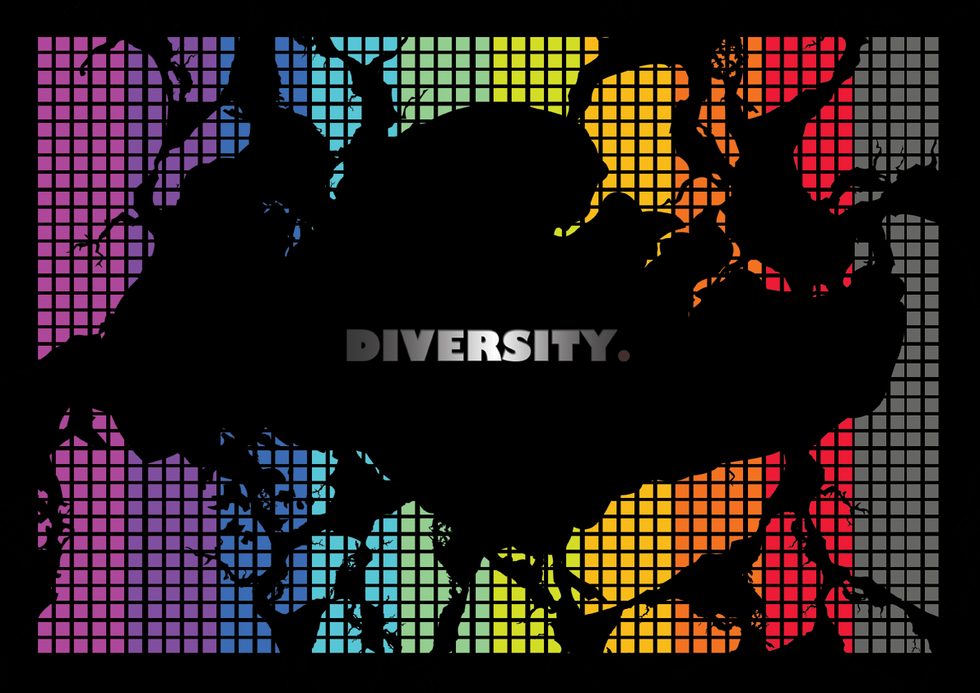As Americans, we pride ourselves on the diversity of our population; we are the American melting pot. When it comes to our media resources however the same cannot always be said. Even in the 21st century, there is not enough diversity in the media. Even the diversity that is currently present can be inaccurate in historical and meaningful ways. Representation is especially important for minority populations who can feel isolated when they never see people they can relate to on television, in movies, on the radio or even in books.
A sorority at University of Alabama, Alpha Phi, recently made a recruitment video that they then put up on YouTube that caused serious backlash when it comes to diversity. Their video seemed to only featured young, white women (no minorities seem to have a presence within the sorority). They also did not include any references that empowered women. The video itself was actually objectifying them as it only featured videos of them dancing in skimpy outfits, blowing bubbles, or swimming in bikinis. A writer for AL.com made this criticism of the video:
It’s all so racially and aesthetically homogeneous and forced, so hyper-feminine, so reductive and objectifying, so Stepford Wives: College Edition. It’s all so… unempowering.
This type of homogenization and blatant un-inclusiveness is why representation of diversity is necessary.
Even the new movie “Stonewall,” about the 1969 Stonewall riots that occurred in New York City, spurring the gay rights movement, has historically inaccurate representation of minorities. Not to say it is not an important step for the LGBTQ community, but for a movie about the importance of diversity it is surprisingly lacking in the representation of some minorities, such as a lack of trans and black representation. However, even having a movie with this much representation is an amazing win for diversity in the media, and hopefully it will spike a related trend.
On the opposite side of the spectrum privilege also plays a big part in the representation issue. Minorities are not as equally represented meaning they are being oppressed by the privileged group.
"When we think about racism and discrimination, we often envision acts of deliberate meanness or quantifiable oppression of a disadvantaged group – hurtful words, tasteless jokes, deliberate exclusion from work or school, acts of violence, and so on – but it can just as easily take the form of privileges given to members of a more advantaged group” -Peggy McIntosh in her article. White Privilege: Unpacking the Invisible KnapsackImagine being five years old and never seeing anyone in your favorite movies or TV shows who looks or thinks like you? You would feel completely isolated, which is why diversity in the media is especially important.









































